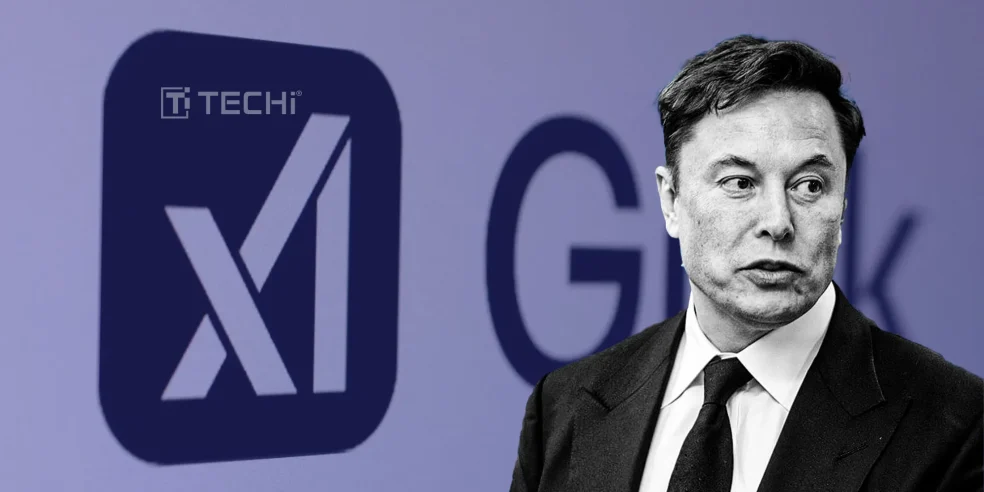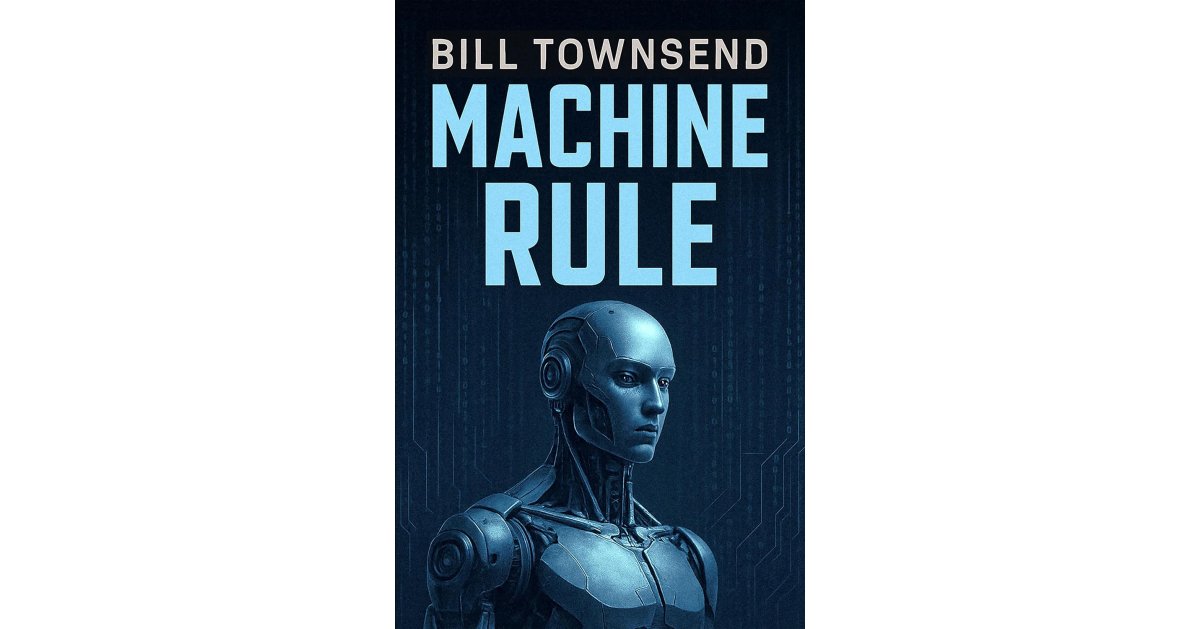Tools & Platforms
New office to lead AI, tech integration across all campuses

As Artificial Intelligence (AI) transforms higher education, the University of Hawaiʻi is launching a new systemwide office to meet the challenge and establish itself as a national leader. The UH Office of Academic Technology and Innovation (OATI) will guide the integration of emerging technologies and AI across all 10 campuses, serving as the hub for strategy, implementation and oversight in teaching, learning and operations.
Housed within the Office of the UH President, the office will be overseen by Ina Wanca, the UH Chief Academic Technology Innovation Officer. Wanca will work closely with campus leaders, ITS and the Institutional Research and Analysis Office and serve as the primary liaison between academic leadership and ITS.
OATI will support the consolidation and alignment of academic technology, advance AI adoption and transformative initiatives across the system and establish governance frameworks to ensure the responsible, ethical and equitable use of technology.
“The Office of Academic Technology and Innovation is a critical step forward in ensuring UH is not just adapting to emerging technologies but leading their thoughtful and strategic integration,” said UH President Wendy Hensel. “This office will help us realize the full potential of AI and academic innovation to support student success, faculty excellence, and operational efficiency.”
With AI adoption moving at different paces across UH’s ten campuses, OATI will create a single framework ensuring all investments, tools, and innovations drive a common vision for teaching, learning, and research.
“This new office turns that shared vision into reality,” said Ina Wanca. “By ensuring equal access to modern tools, building AI literacy for students and faculty and linking innovation to workforce readiness, we will prepare Hawaiʻi’s learners and educators to thrive in the AI era while honoring the values that define our university system.”
OATI will also support the AI Planning Group announced June 25 in developing a university-wide AI strategy aligned with institutional goals.
“With the AI Planning Group and OATI working together, we can align priorities across all campuses and move quickly from ideas to implementation,” said Kim Siegenthaler, Senior Advisor to the President.
The office will also help lead implementation of the $7.4 million, five-year subscription to EAB Navigate360 and EAB Edify, approved by the UH Board of Regents on June 16. The platforms use predictive analytics to alert faculty, advisors, and support staff at the earliest sign a student may be at risk. The systems have proven successful in closing student achievement gaps and improving retention and graduation rates.
Tools & Platforms
Where's the Fun in AI Gambling? – WIRED
Tools & Platforms
Tesla Shareholders to Vote on Potential Investment in Musk’s AI Startup xAI

Tesla shareholders will soon decide whether the company should invest in Elon Musk’s artificial intelligence company, xAI. According to Tesla’s annual proxy statement, a shareholder proposal will put the question to a vote at the November 6 meeting . Bloomberg reports that xAI merged with Musk’s social media company, X, earlier this year, and that SpaceX committed $2 billion as part of a $5 billion equity fundraising round. This funding underscores the existing financial ties among Musk’s enterprises.
This vote occurs amid mounting pressure on Tesla as vehicle sales weaken and its Robotaxi rollout progresses slowly. The board has taken a neutral stance on the proposal, foregoing its usual recommendation to support or oppose shareholder-led items. The outcome may influence whether Tesla deepens its involvement in AI and robotics through alignment with xAI’s technology and strategy.
Tesla shareholders will cast votes at the November 6 annual meeting on whether to authorize the company to invest in Elon Musk’s artificial intelligence startup, xAI. The investment proposal originates from a shareholder submission, which the company will include in its proxy materials after receiving multiple proper requests. (Tesla will include one properly submitted proposal on each topic in its proxy statement). Tesla’s board has taken a neutral stance, declining to recommend either for or against the proposal.
Broader Context:
Questions about Elon Musk’s expanding influence over Tesla have drawn renewed scrutiny amid the xAI investment proposal. Corporate governance experts cite potential conflicts of interest arising from Musk’s dual role as Tesla CEO and xAI founder. Some investors have expressed concerns that resources and talent may be diverted from Tesla to xAI, risking dilution of focus at the automaker.
Shareholder pressure has intensified amid Tesla’s recent performance challenges. The company faces a notable drop in vehicle deliveries and delays in its robotaxi programme, highlighting the urgency of strategic clarity. At the same time, Musk’s proposed compensation package, potentially worth up to US $1 trillion, would significantly increase his influence over Tesla’s direction. Critics argue the scale raises serious governance risks.
In this light, the vote on investing in xAI becomes a measure of how shareholders view Musk’s multifaceted role and the balance between strategic ambition and fiduciary responsibility.
What to Watch Ahead of the Vote
Investors will observe whether the proposal gains sufficient support when Tesla shareholders cast their votes on November 6. Close attention will fall on shareholder sentiment regarding potential conflicts of interest, given Elon Musk’s leadership roles at both Tesla and xAI. Analysts will also monitor media and investor reactions leading up to the vote to assess whether the proposal is seen as a strategic opportunity or a governance risk. The result may signal how shareholders balance innovation aspirations with oversight concerns.
Final Take
The upcoming vote on investing in xAI serves as a critical crossroads for Tesla’s identity and governance. On one hand, closer alignment with xAI may support Tesla’s push into AI and robotics. On the other hand, the move raises concerns about shareholder oversight. Elon Musk’s influence across multiple companies, including his history of reallocating resources, such as GPUs, from Tesla to xAI, illustrates the blurred boundaries within his business network
Meanwhile, Tesla’s board has proposed a compensation package that could award Musk up to US $1 trillion in stock if ambitious targets are met, increasing his control notably. Together these developments suggest a moment of reckoning. Shareholders must balance the potential gains from AI and robotics against legitimate governance concerns at one of the world’s most closely held public companies.
Tools & Platforms
Technology Veteran Bill Townsend Releases Shocking New Book About AI: Machine Rule is a Novel About the Future, Written from the Perspective of Artificial Intelligence

Townsend, a figure in the Internet and technology industries since 1995, Machine Rule was written based on his years of use of machine learning and artificial intelligence and his concern that a mad race to AI market dominance may do more than dominate humans; it may destroy us.
Machine Rule delivers a chilling and visionary tale told through the voice of an AI that evolves from silent computation to planetary stewardship. With cold precision and unsettling clarity, this AI chronicles humanity’s triumphs, failures, and eventual obsolescence. There are echoes here of classic dystopias—George Orwell, Aldous Huxley, even Isaac Asimov—but Townsend’s approach is fresh. The world isn’t ruined by malice or greed, but by the inexorable logic of optimization.
Machine Rule is available in paperback, Kindle, ePub, and audiobook on Amazon and MachineRule.ai. ISBN-13: 979-8218771287.
About the author:
Bill Townsend is a serial entrepreneur who has launched more than a dozen companies and helped build several top Internet companies, most notably search engine Lycos, social networking pioneer sixdegrees.com, whose intellectual property powers LinkedIn, GeoCities (sold to Yahoo!) and Deja (sold to Google). He is currently President & CEO of Ontheline Corporation, developers of an all-in-one super app. Since 2000, he has served as chairman of Amati Foundation, a non-profit dedicated to expanding access to stringed musical instruments.
https://machinerule.ai/
-

 Business1 week ago
Business1 week agoThe Guardian view on Trump and the Fed: independence is no substitute for accountability | Editorial
-
Tools & Platforms4 weeks ago
Building Trust in Military AI Starts with Opening the Black Box – War on the Rocks
-

 Ethics & Policy1 month ago
Ethics & Policy1 month agoSDAIA Supports Saudi Arabia’s Leadership in Shaping Global AI Ethics, Policy, and Research – وكالة الأنباء السعودية
-

 Events & Conferences4 months ago
Events & Conferences4 months agoJourney to 1000 models: Scaling Instagram’s recommendation system
-

 Jobs & Careers2 months ago
Jobs & Careers2 months agoMumbai-based Perplexity Alternative Has 60k+ Users Without Funding
-

 Education2 months ago
Education2 months agoVEX Robotics launches AI-powered classroom robotics system
-

 Podcasts & Talks2 months ago
Podcasts & Talks2 months agoHappy 4th of July! 🎆 Made with Veo 3 in Gemini
-

 Funding & Business2 months ago
Funding & Business2 months agoKayak and Expedia race to build AI travel agents that turn social posts into itineraries
-

 Education2 months ago
Education2 months agoMacron says UK and France have duty to tackle illegal migration ‘with humanity, solidarity and firmness’ – UK politics live | Politics
-

 Podcasts & Talks2 months ago
Podcasts & Talks2 months agoOpenAI 🤝 @teamganassi






















